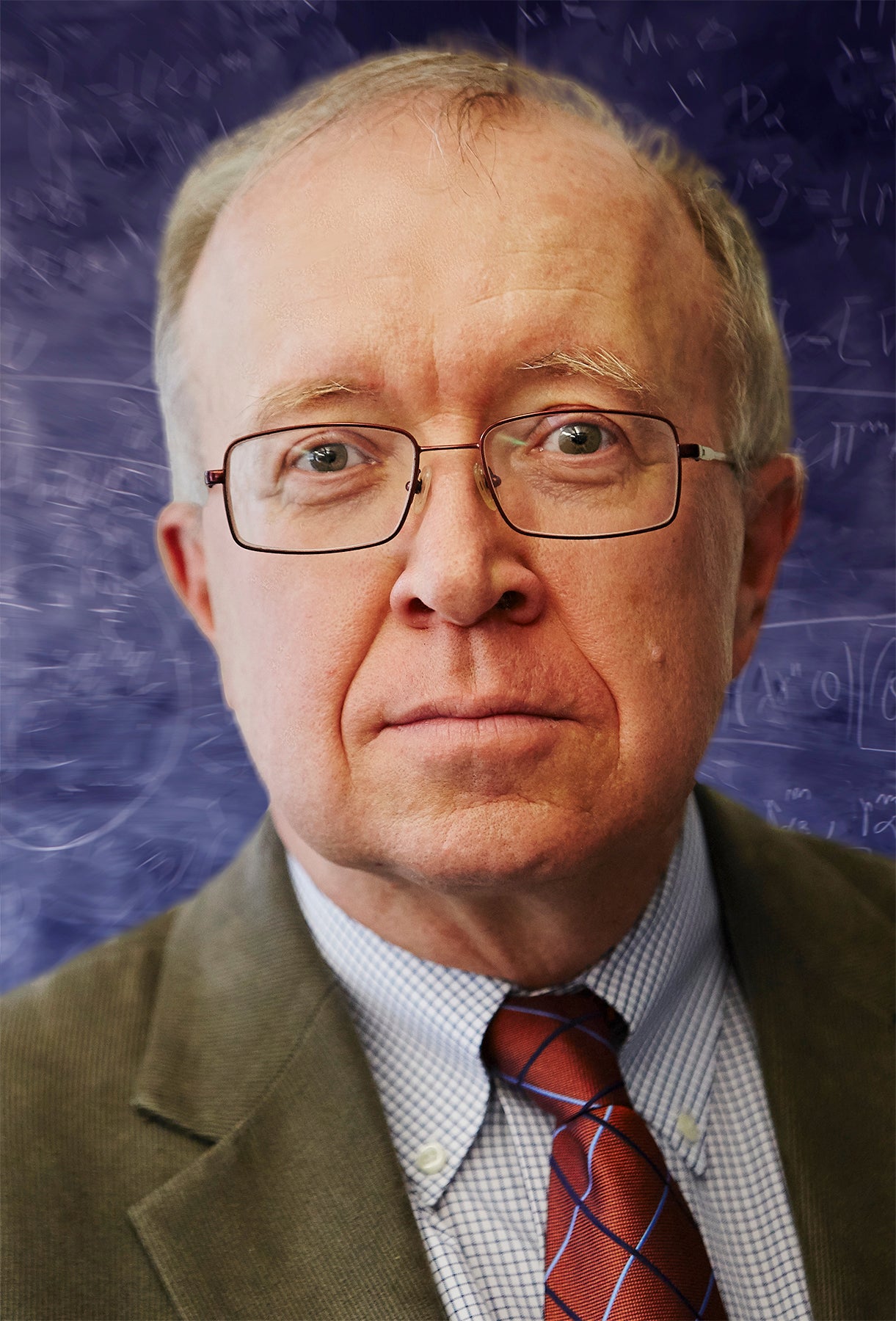Scott Tremaine - The dynamics of comets, and modified gravity in the solar system

Scott Tremaine received his BSc degree from McMaster University and his PhD degree from Princeton. He has been on the faculty at the Massachusetts Institute of Technology, the University of Toronto, Princeton University, and the Institute for Advanced Study. He was the first Director of the Canadian Institute for Theoretical Astrophysics from 1985 to 1997 and the Chair of the Department of Astrophysical Sciences of Princeton University from 1998 to 2008. He has received the Dirk Brouwer Award and the Henry Norris Russell Lectureship of the American Astronomical Society, the Tomalla Foundation Prize for Gravity Research, and fellowship in the Royal Society of London, the Royal Society of Canada, the US National Academy of Sciences, and the American Astronomical Society.
Abstract:
This talk has two (related) parts:
1. Comets have inspired awe since prehistoric times, but even today there are only a few thousand comets with well-determined orbits. Nevertheless, the analysis of this limited sample yields a compelling "standard model" for the formation, evolution and present distribution of comets. This model implies that the primary source of comets is the Oort cloud, containing over 100 billion comets at 5,000 to 100,000 times the Earth-Sun distance. I will review our current understanding of the history and structure of the Oort cloud.
2. The hypothesis that most of the matter in the universe is in some unknown dark form is fundamental to modern cosmology. A speculative alternative is that our understanding of the law of gravity is incomplete. The most influential theory of this kind is modified Newtonian dynamics (MOND), which postulates a breakdown of Newton's law of gravity below some critical acceleration threshold. We explore the predictions of the simplest version of MOND for the formation and evolution of the Oort cloud, and conclude that this is not the correct description of gravity.